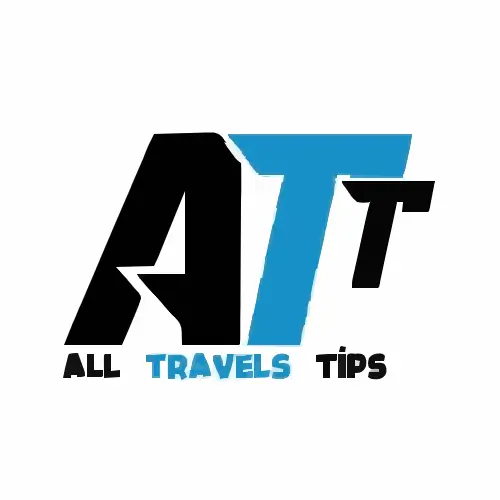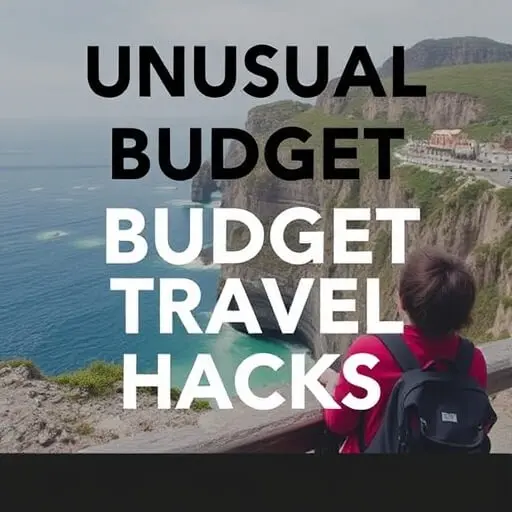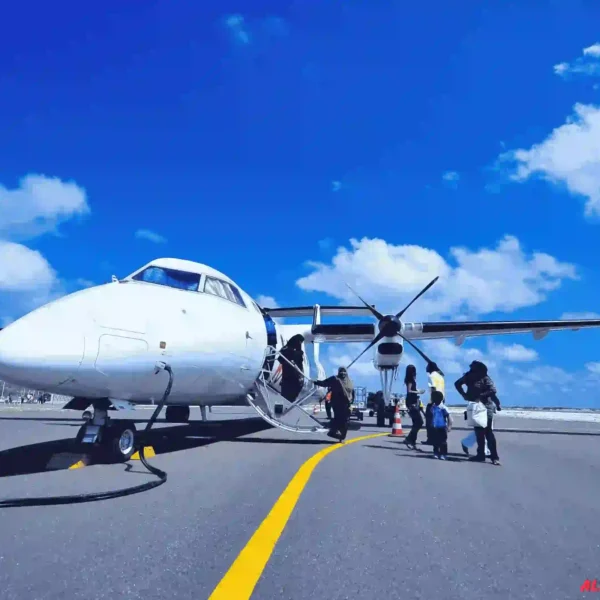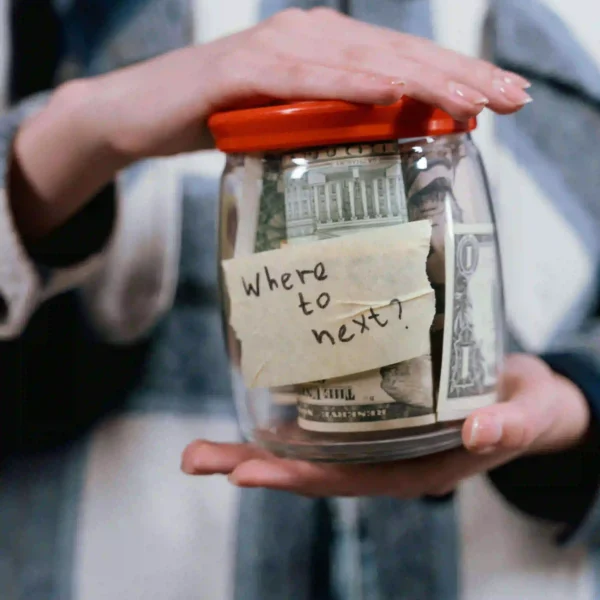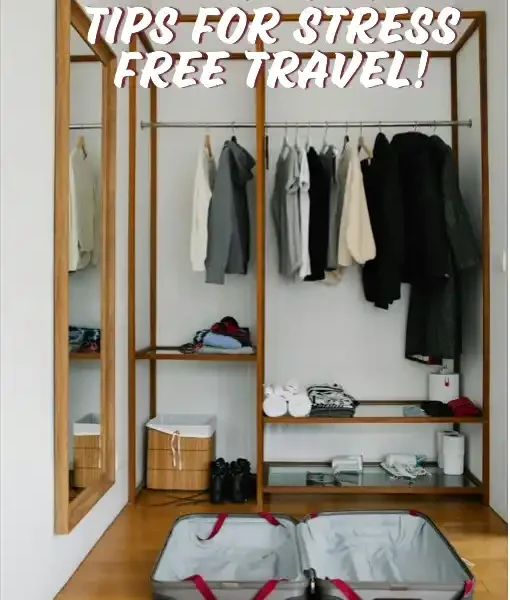Everything You Need to Know for travelling to Pakistan: A complete Travel Checklist for Pakistan
Traveling to Pakistan is an exciting experience, whether you’re exploring the vibrant cities, the stunning northern landscapes, or the rich cultural heritage. However, as with any international or domestic travel, proper preparation is key to ensuring a smooth journey. A travel checklist for Pakistan can help you stay organized, avoid last-minute stress, and ensure you don’t miss any crucial items or steps.
In this comprehensive guide, we’ve created a detailed checklist for travelers heading to Pakistan. From essential travel documents and packing tips to health, safety, and cultural etiquette, we cover everything you need to know for your trip. Let’s dive in!
What Documents Do You Need to Travel to Pakistan?
1. Passport Validity
Your passport is the most important travel document. Ensure it is valid for at least six months beyond your planned stay in Pakistan.
2. Visa Requirements for Pakistan
- Tourist Visa: Most international travelers need a visa to enter Pakistan. Fortunately, many nationalities are eligible for an e-visa, which is quick and convenient to apply for online.
- Visa on Arrival: Some nationalities can also get a visa on arrival, especially if they are traveling for business or tourism purposes.
- Visa Extensions: If you’re staying longer than initially planned, check with local authorities about the process for visa extension.
If you are student planning to study abroad, Check our Student Visa Tips: Complete Guide for International Students.
3. Travel Insurance
While not mandatory, it’s strongly advised to have travel insurance that covers healthcare, lost baggage, and trip cancellations. Ensure that the insurance specifically covers your travel in Pakistan.
What to Pack for a Trip to Pakistan?
Packing appropriately for your trip to Pakistan is crucial for enjoying your time in the country. Here’s a guide to what you should bring:
Seasonal Clothing
- Summer (April to September): Pack light, breathable clothing like cotton shirts, loose pants, and sun protection such as hats and sunglasses. Summers can be extremely hot, especially in cities like Lahore and Multan.
- Winter (November to March): The weather can be chilly, especially in the northern areas. Warm clothing, including jackets, scarves, and woolen clothes, will be essential, particularly if you’re traveling to higher altitudes like Murree or Gilgit-Baltistan.
Cultural Attire Considerations
- Pakistan has conservative dress norms, especially in rural areas and religious sites. It’s advisable for women to wear long skirts, loose-fitting tops, and cover their heads when visiting religious or cultural sites.
- Men are encouraged to dress modestly as well, avoiding shorts in public spaces, especially when visiting mosques.
Travel Gadgets and Toiletries
- Power Bank: Given the frequent power outages in some areas, a portable charger is essential.
- First-Aid Kit: Include basic medications for headaches, upset stomach, and any personal medications.
- Travel Adapters: Pakistan uses the British-style plug (Type G), so bring an adapter if your devices use a different plug type.
Packing Light for Domestic Travel
If you’re traveling within Pakistan, especially to the northern areas, it’s best to pack light. Space on domestic flights or buses can be limited, so aim for compact, easy-to-carry luggage.
Staying Healthy and Safe While Traveling in Pakistan
According to the ministry of health services regulation in Pakistan, (NHSRC), make sure, you are completing all requirements.
1. Vaccinations for Pakistan
Before traveling, make sure you’re up to date on routine vaccinations, including:
- Hepatitis A and B
- Typhoid
- Polio (for some regions)
- Tetanus
2. Common Travel Illnesses and Prevention
- Food and Water Safety: Stick to bottled water, and avoid raw vegetables or street food unless you’re sure it’s hygienic.
- Insect Protection: Use insect repellent to avoid mosquito bites, particularly in areas with a risk of malaria.
3. Emergency Contacts and Healthcare Options
Make a note of emergency numbers for police, ambulance, and local hospitals. Major cities like Lahore, Islamabad, and Karachi have good healthcare facilities, but it’s always useful to have a backup plan for emergencies.
How to Stay Connected in Pakistan: Tech Checklist
1. SIM Cards in Pakistan
- Jazz, Telenor, Zong are the three main mobile network providers. You can purchase a local SIM card at the airport or from authorized vendors in major cities. Prepaid SIM cards are widely available for tourists.
2. Portable Wi-Fi and Internet Tips
- Internet Access: Mobile data is generally good in urban areas. However, the internet may be slower or unreliable in rural or remote regions.
- Portable Wi-Fi: Consider renting a portable Wi-Fi device if you need reliable internet access during your trip.
3. Recommended Travel Apps
- Maps.me: A great offline map app for navigating remote areas without the need for internet access.
- Careem/Uber: Ride-hailing apps like Careem and Uber are available in major cities for easy transportation.
- Google Translate: This can be a lifesaver if you don’t speak Urdu or other regional languages.
Navigating Pakistan: Transportation Must-Haves
1. Renting a Car
If you’re planning on renting a car, ensure you have an international driving permit, or if you’re a Pakistani national, your local driver’s license is accepted. Be aware that driving in cities can be chaotic, so be prepared for the traffic.
2. Ride-Hailing Apps
- Careem and Uber operate in major cities like Lahore, Karachi, and Islamabad, offering a safe and convenient way to travel without having to worry about local taxis.
3. Intercity Travel
- Buses: Long-distance buses (Daewoo, Faisal Movers) provide reliable service for intercity travel.
- Trains: Pakistan Railways offers a comfortable, though slower, mode of transportation between cities.
- Domestic Flights: If you’re heading to the northern areas or farther cities, local airlines like PIA and Airblue are commonly used.
Money Matters: Managing Finances While in Pakistan
1. Currency Exchange
The official currency of Pakistan is the Pakistani Rupee (PKR). You can exchange currency at the airport, local banks, or exchange offices. ATMs are widely available in cities, but it’s a good idea to carry some cash when traveling to smaller towns or rural areas.
2. Credit Cards and ATM Availability
Credit cards are accepted in upscale hotels, restaurants, and some shops in major cities. However, it’s advisable to carry cash, especially when traveling to smaller towns or rural areas where card payments are not common.
3. Budgeting for Different Travel Styles
- Budget Travelers: Street food, local transport, and budget guesthouses are great options for keeping costs low.
- Luxury Travelers: Pakistan offers high-end hotels, fine dining, and exclusive experiences, though they may be more expensive than in other South Asian countries.
Respecting Culture: What to Know Before You Go
1. Greetings and Gestures
- Greetings: A handshake is common, though some conservative regions may prefer a verbal greeting, especially between men and women.
- Respecting Elders: Always show respect to elders, which is a key aspect of Pakistani culture.
2. Religious Practices and Dress Codes
- Pakistan is a predominantly Muslim country, so respect religious practices and dress codes. In mosques, both men and women are required to cover their heads and dress modestly.
3. Dining Etiquette
- Meals: Food is often eaten with the right hand, and it’s polite to wait for the host to invite you to begin eating.
- Hospitality: Pakistanis are known for their hospitality. If offered tea or food, it’s polite to accept, even if just a small serving.
Are You Ready for Adventures in Pakistan?
Pakistan is a paradise for adventure travelers. Whether you’re trekking in the north, camping in the wild, or exploring ancient ruins, there’s no shortage of excitement.
1. Gear for Hiking, Camping, and Trekking
- Footwear: Sturdy hiking boots are essential for treks, especially in the northern regions.
- Backpacks: Pack light, but make sure you have all necessary gear like a sleeping bag, tent, and a first-aid kit.
2. Permits for Restricted Areas
Certain areas, such as those in Gilgit-Baltistan, may require special permits due to their proximity to sensitive borders. Always check local regulations before heading out.
3. Recommended Guides and Tour Operators
Hiring a local guide for treks and tours is advisable for safety, especially when exploring remote or mountainous regions.
Your Ultimate Travel Checklist for Pakistan
Planning your trip to Pakistan doesn’t have to be overwhelming. With this travel checklist, you’ll be well-prepared for an unforgettable adventure. From travel documents to cultural etiquette, packing essentials to health precautions, this guide ensures you cover all the necessary steps for a smooth trip.
Download our printable checklist to keep track of everything before your departure and explore our related blog posts for more tips and resources!
Happy travels, and we hope you enjoy all the wonders Pakistan has to offer!
Download our printable Travel Checklist for Pakistan to stay organized and make your journey hassle-free! Share this checklist with fellow travelers, and explore more tips on travel safety, budgeting, and adventure activities in our blog.
